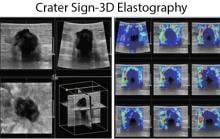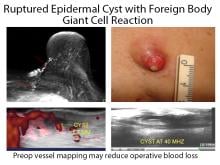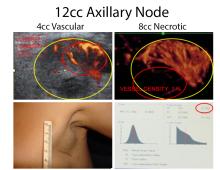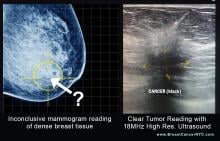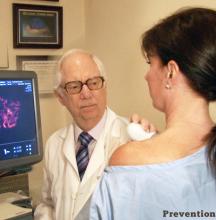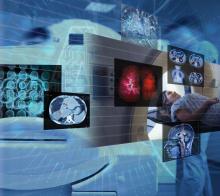My journey in imaging began in the early 2000s and over the course of that time I have had the opportunity to work with and for many different types of organizations, which has meant observing from various perspectives the ongoing shifts in our industry. With RSNA upon us after going virtual last year, I have been intrigued by the chance to get caught up on the latest trends in diagnostic imaging practice, innovations in the technology space, and of course friends and acquaintances I haven’t seen since 2019.
If you enjoy this content, please share it with a colleague
- Read more about The Future — Some Challenges to Consider
- Log in or register to post comments




